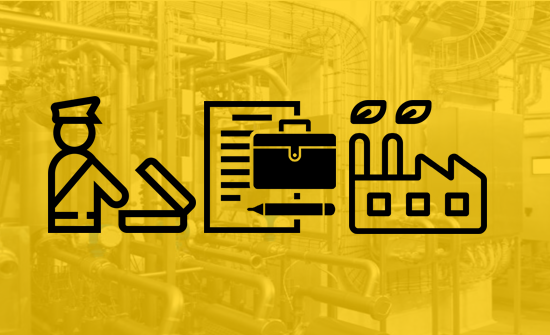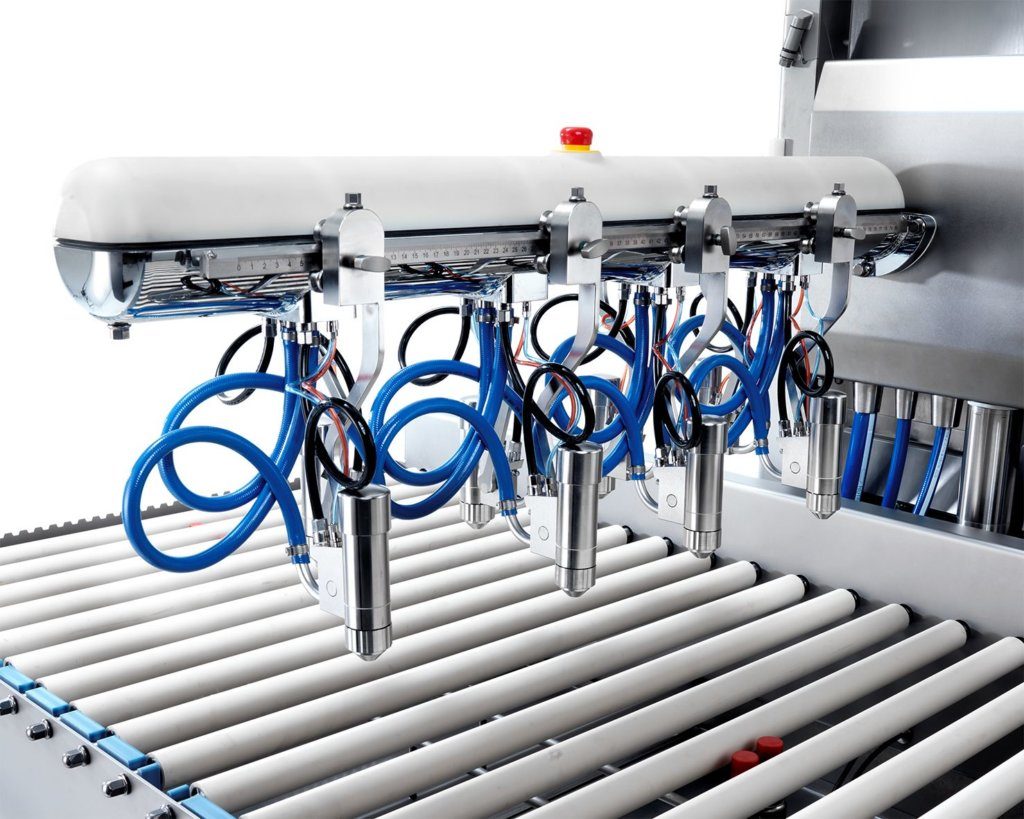“At Condor, we have extensive experience in efficient export control and ICP systems, and are happy to help you develop a functional compliance program for your business.”
MAG. ANDREAS GFRERER, CONDOR SALZBURG, AUSTRIA
Efficient export controls are legally binding for exporters. These are the specifications for your company.
In order to prevent the proliferation of weapons of mass destruction and the development of armed conflicts, the EU is developing export control policies to ensure that certain goods are not delivered or that no transaction is made without the required permits.
The aim is clear: For reasons of national security, the supply of certain goods to certain countries and/or persons is either to be prohibited or authorized only after scrutiny and permission by the relevant government authorities. To ensure this, clear guidelines must be implemented and followed by exporting companies. However, until now there have been no clear guidelines as to the organizational structures and operational implementation necessary for compliance by companies to work.
Uncertainty among exporting companies is great; it is still unclear whether and where detailed information on control obligations is available. Yet, inadequate organizational measures or breaches of export control regulations have serious consequences. For this reason, consultants and interest groups have been very reluctant to make binding statements on exactly how organizational compliance for export controls is defined in order to avoid liability.
The EU is finally drafting guidelines for an Internal Compliance Program (ICP) to provide evidence of a legally compliant export control system in operation.
The current draft guidelines contain regulations on the following seven Topics:
- Top-level management commitment to compliance
- Organisation structure, responsibilities and resources
Sufficient organisational, human and technical resources are essential for effectively developing and implementing compliance procedures. Without a clear organisation structure and well-defined responsibilities, an ICP risks suffering from lack of oversight and undefined roles. - Training and awareness raising for staff to duly perform their tasks and take compliance duties seriously.
- Transaction screening process and procedures
In terms of operational implementation, transaction screening is the most critical element of an ICP. This element contains the company’s internal measures to ensure that no transaction is made without the required license or against any relevant trade restriction or prohibition. - Performance review, audits, reporting and corrective actions
An ICP is not a static set of measures and therefore must be reviewed, tested and revised if proven necessary for safeguarding compliance. Performance reviews and audits verify whether the ICP is implemented to operational satisfaction and is consistent with the applicable national and EU export control requirements. - Recordkeeping and documentation
Proportionate, accurate and traceable recordkeeping of dual-use trade control related activities is essential for your company’s compliance efforts. A comprehensive recordkeeping system will help your company with conducting performance reviews and audits, complying with national documentation retention requirements and it will facilitate cooperation with competent authorities in case of a dual-use trade control enquiry. - Physical and information security
Trade controls of sensitive items, including software and technology, occur for reasons of (inter)national security and foreign policy objectives. Therefore having appropriate security measures contributes to containing the risks concerning unauthorised removal of controlled dual-use items.
Condor has always specialized in sensitive target markets and draws on extensive experience in export controls and compliance systems. Within the framework of public consultation, we also included our assessment on the guidelines.
We will gladly assist your company in introducing or improving an already existing ICP!
Source: http://trade.ec.europa.eu/doclib/docs/2018/september/tradoc_157336.pdf
 Deutsch
Deutsch  English
English  Français
Français 



